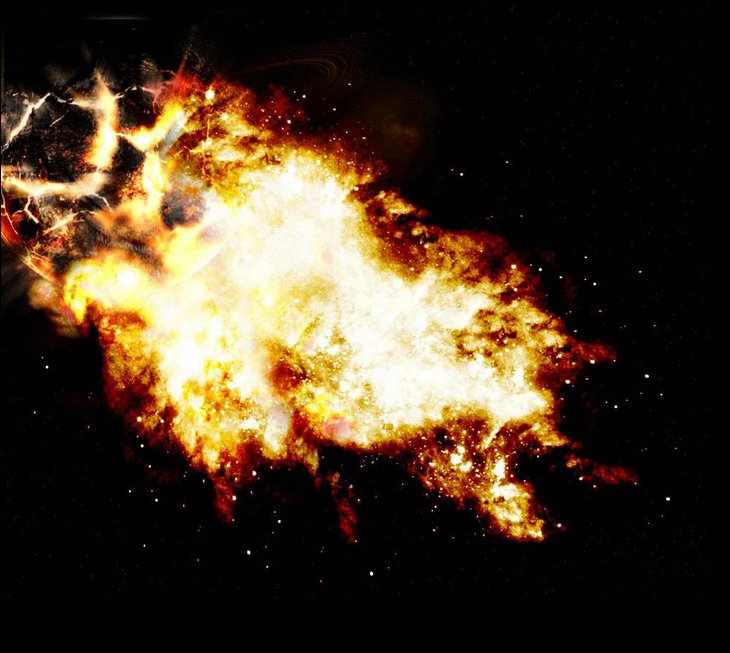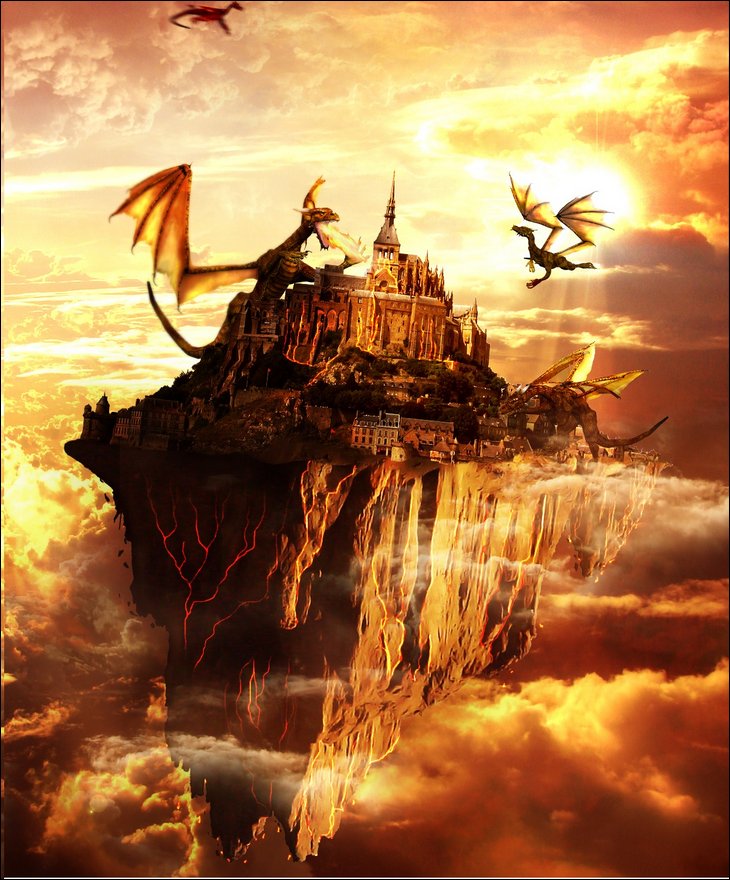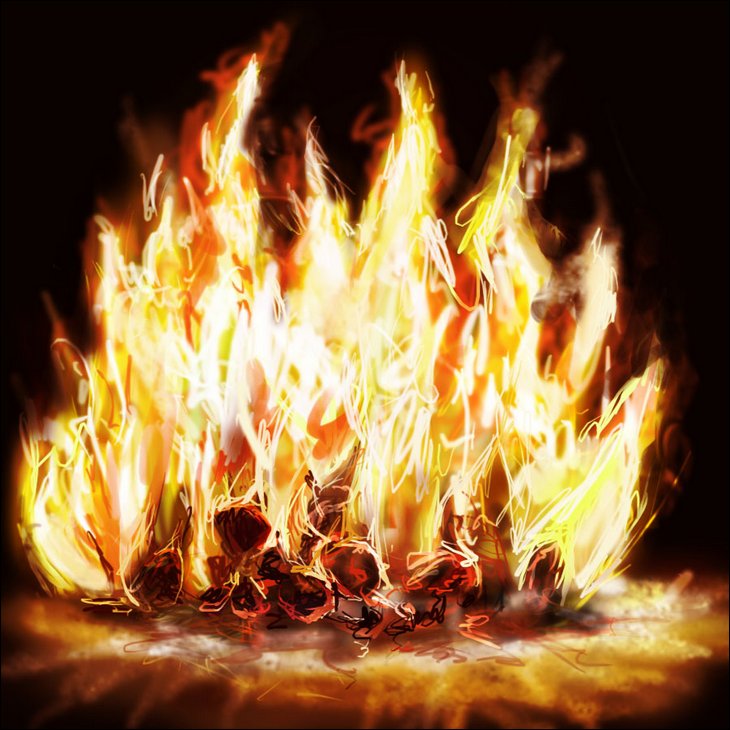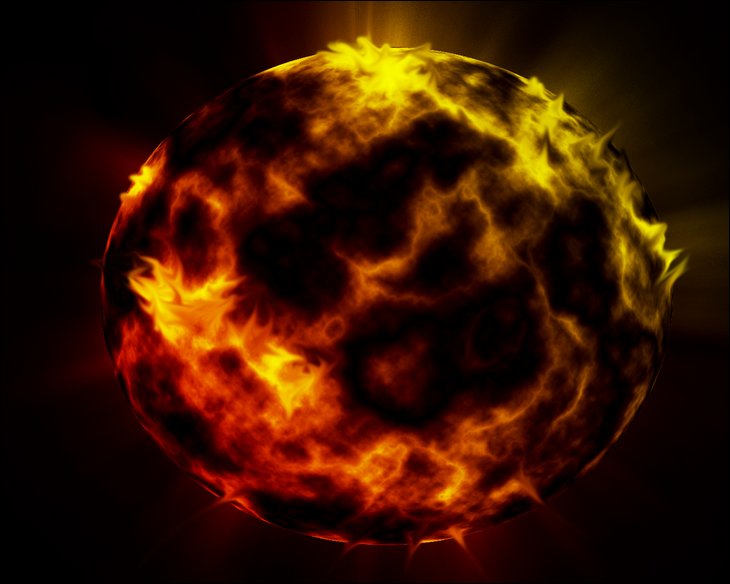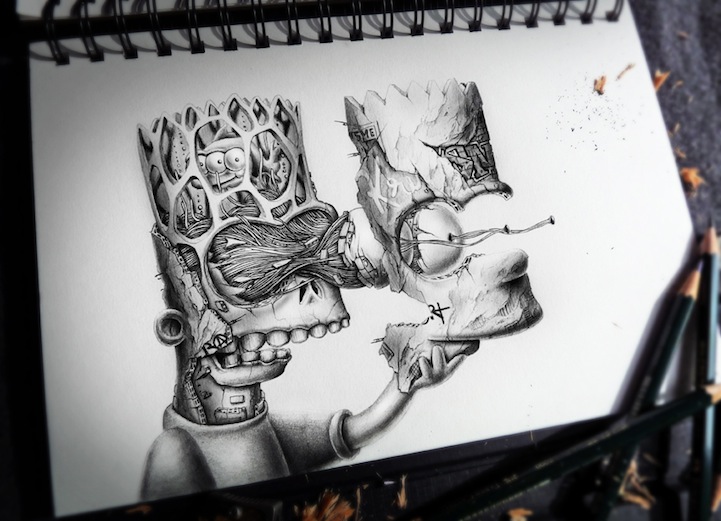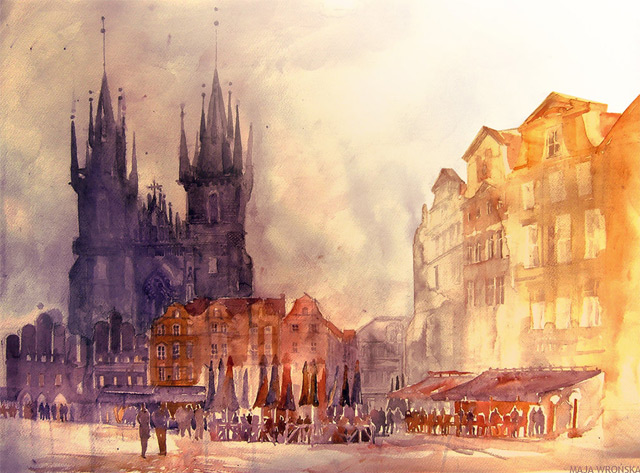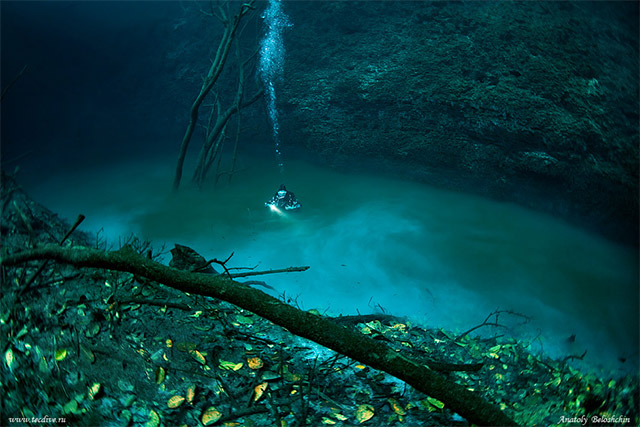Fire has been an important part of all cultures and religions, from pre-history to modern day, and was vital to the development of civilization. It has been regarded in many different fashions throughout history.
And now I’m just going to write few interesting facts I’ve found about fire:
1. Do these fires really serve a purpose?
Absolutely. Fires are an important part of the ecology. In a redwood forest, for instance, a good blaze cleans out the understory. It destroys conifers that leech nutrients from the soil (like Douglas firs), while leaving the ground fertile for new growth. If Nature had her way, a fire would occur naturally every 40 years or so in the redwood community. But thanks to fire prevention measures in the 20th century, that cycle has been interrupted, resulting in a greatly reduced amount of “old growth” forests. Even those fires started by natural means, such as lightning strikes, are often squashed before they have a chance to run their course. Many national parks now employ the use of “prescribed burnings” – carefully controlled fires of moderate intensity – in an effort to help restore Nature’s balance.
A recent 60 Minutes segment about “mega-fires” revealed why scientists believe the rash of wildfires in the West will only get worse in the years to come. A one-two punch of over-conservation and climate change has turned the land into a veritable tinderbox. While plant life has grown thick, the lack of moisture (due in part to dwindling snow in the mountains) only works to fan the flames.
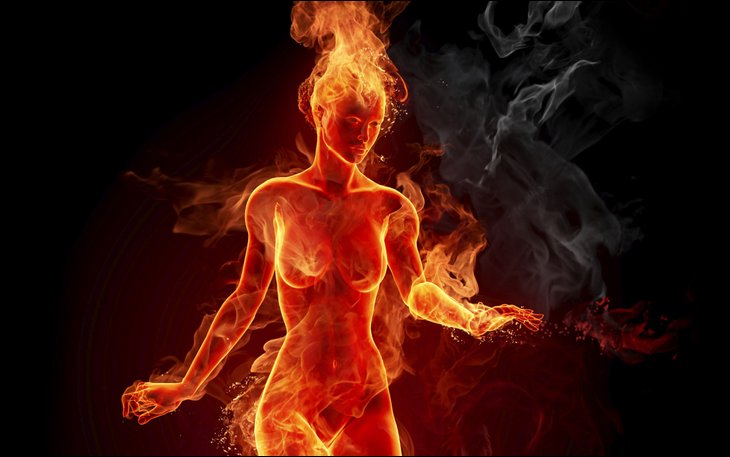
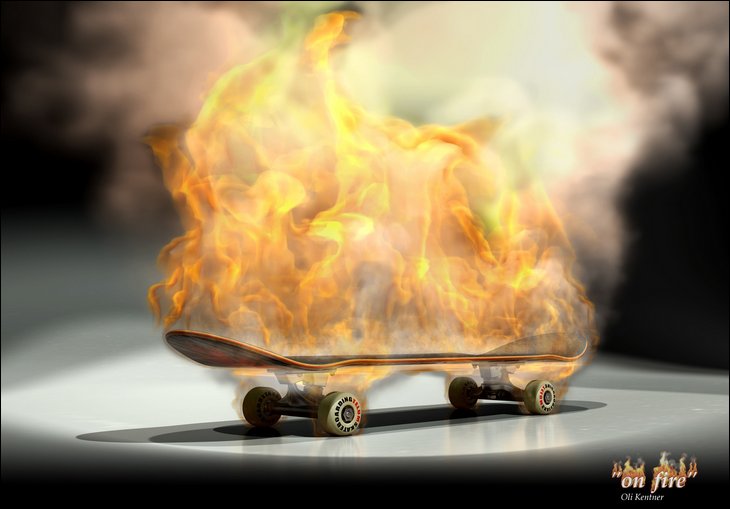
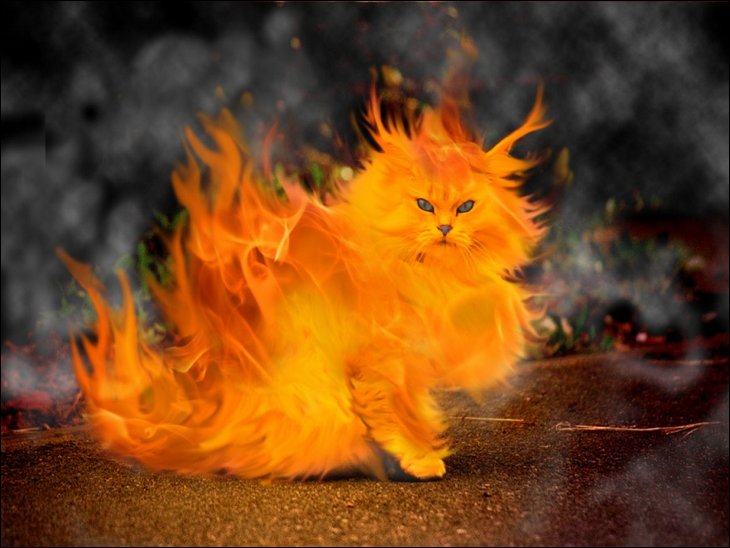

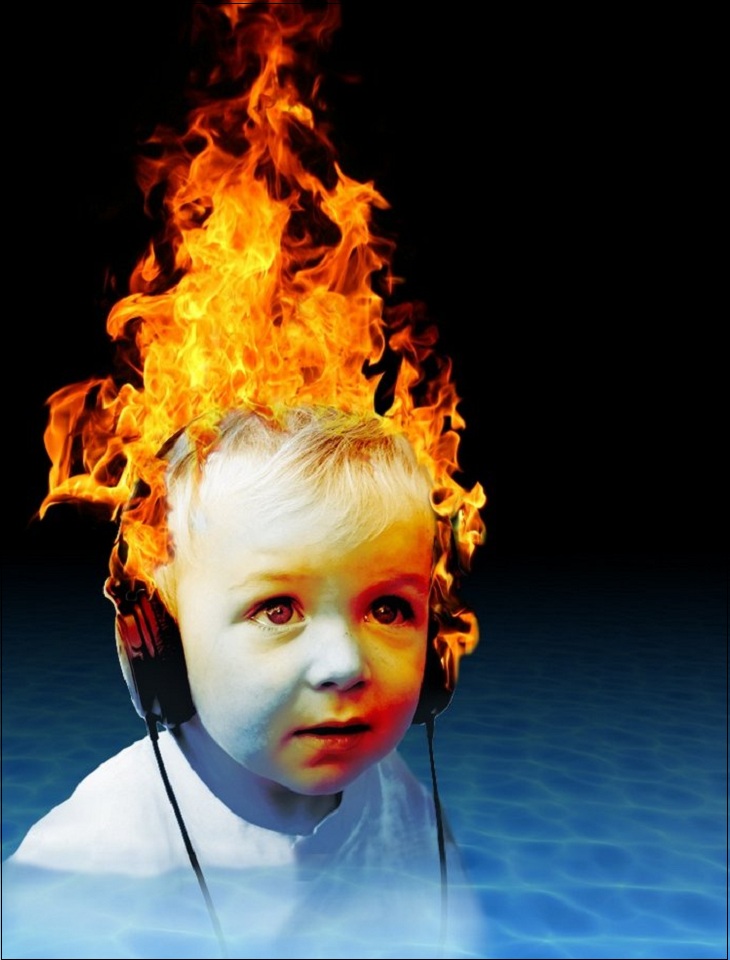
2. What’s that red stuff they spray from planes onto raging wildfires?
Believe it or not, water is the key ingredient in the red mixture. It’s also treated with thickeners, to turn the liquid into a “blanket,” and keep it from evaporating. Additionally, those thickeners also help to cover more area. As for the color, that comes from iron oxide (aka rust) and is added to make it clear to firefighters which areas have been treated. Sometimes the mixture includes fertilizer to help spur plant growth as well.
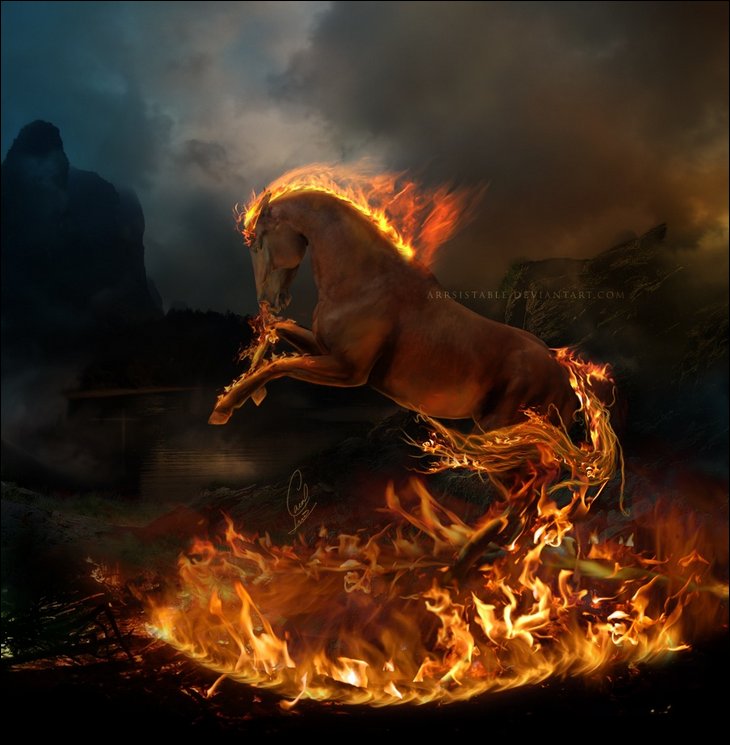
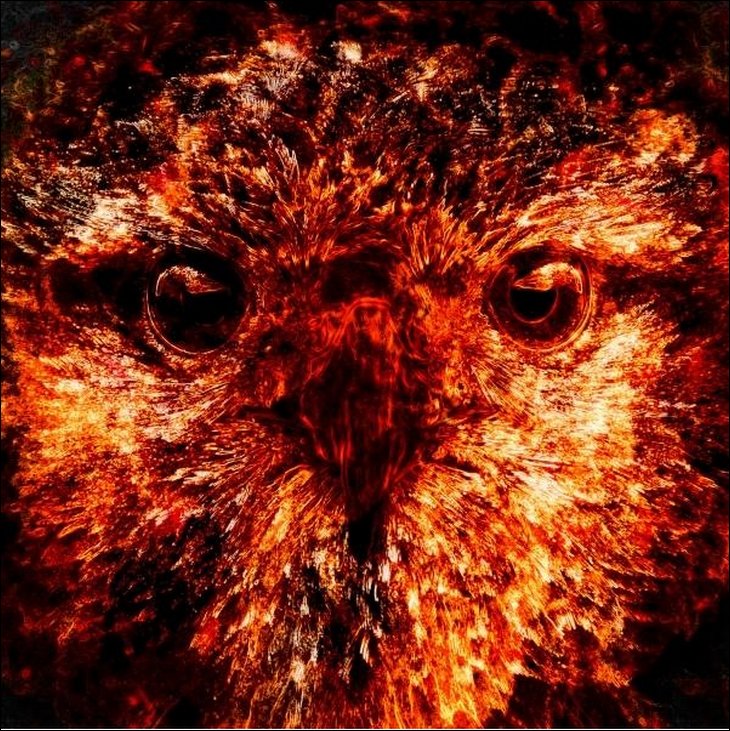
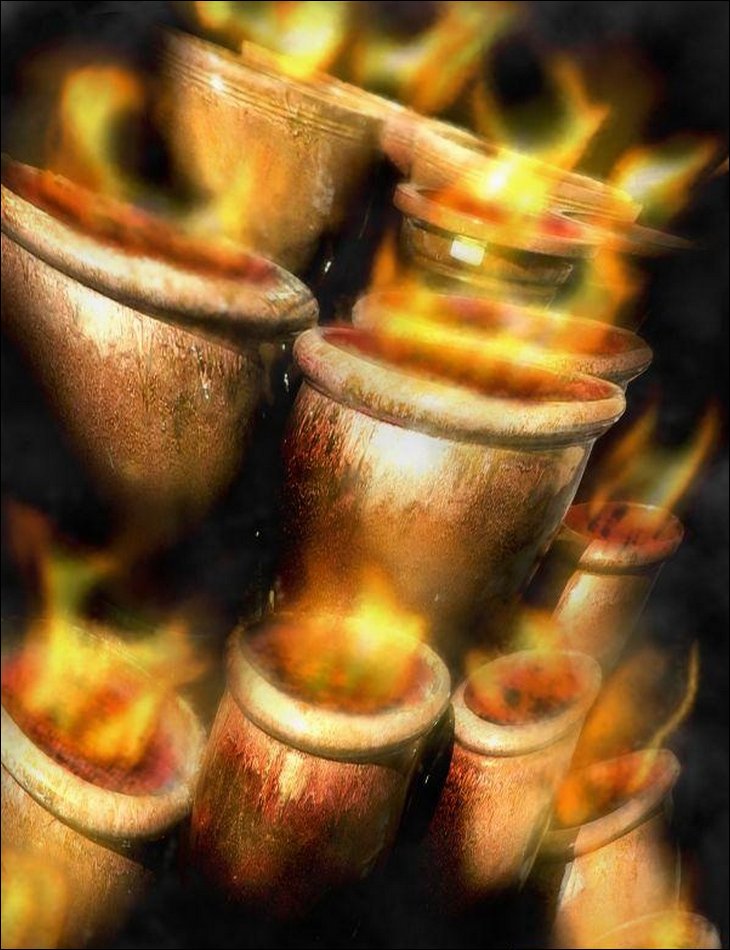
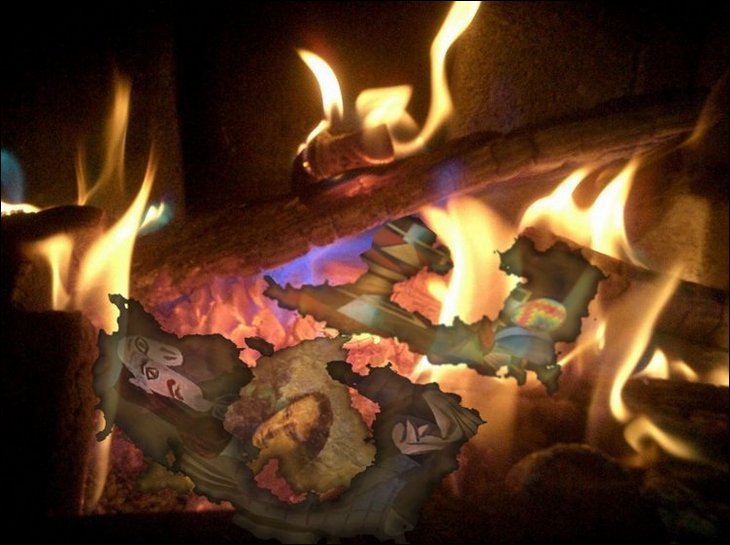
3. How did the San Francisco Earthquake turn into the San Francisco Fire?
In 1906, a huge earthquake in San Francisco caused a considerable amount of damage, but the major devastation came after a fire raged for four days afterward. The quake destroyed most of the underground water pipes, so firefighters had limited resources to work with. On top of that, the tightly packed wooden-frame structures south of Market Street went up like kindling, and broken gas lines throughout the area added fuel to the inferno. In the meantime, thousands of residents realized that their homes were insured against fire damage (earthquake insurance didn’t yet exist). Thus, dwellings that had survived the flames – but had been damaged by the tremors – were deliberately torched by their owners.
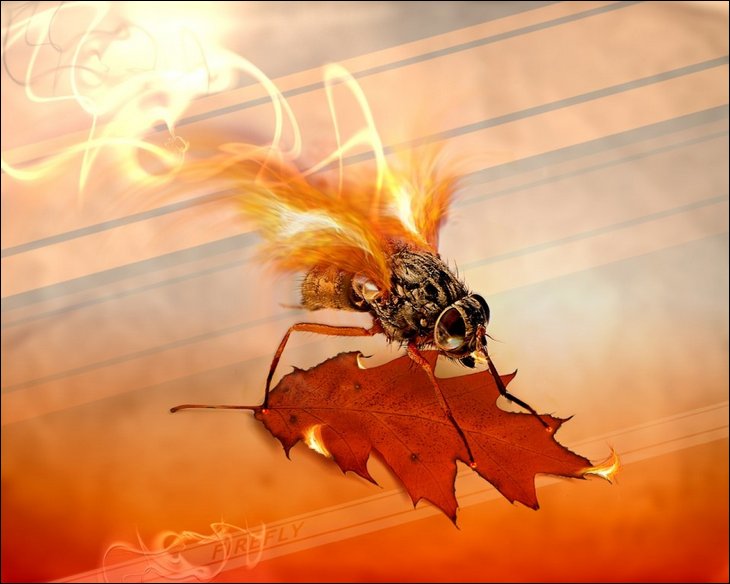
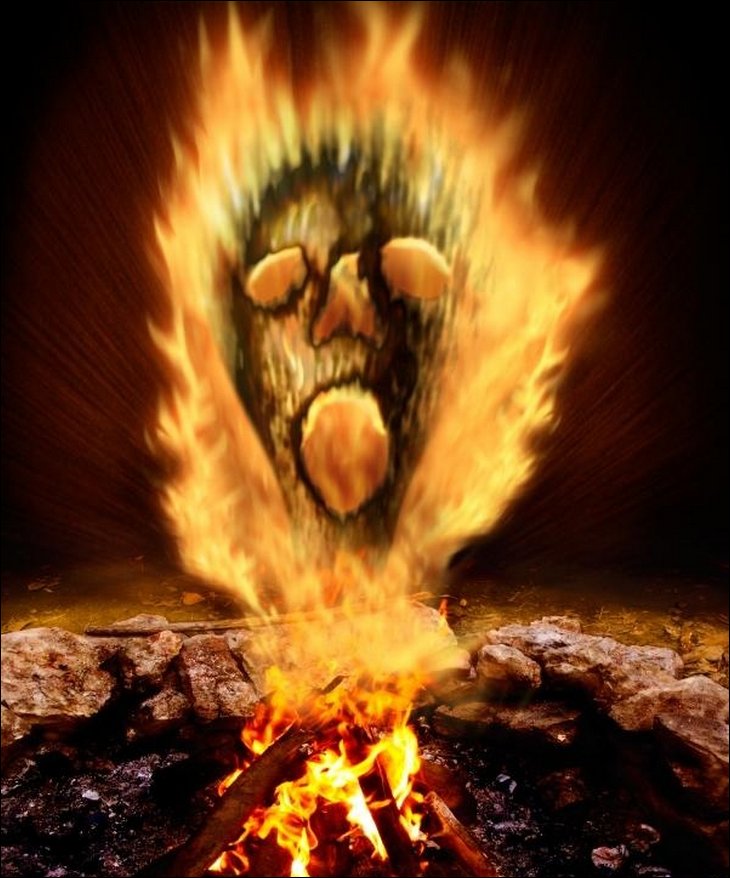
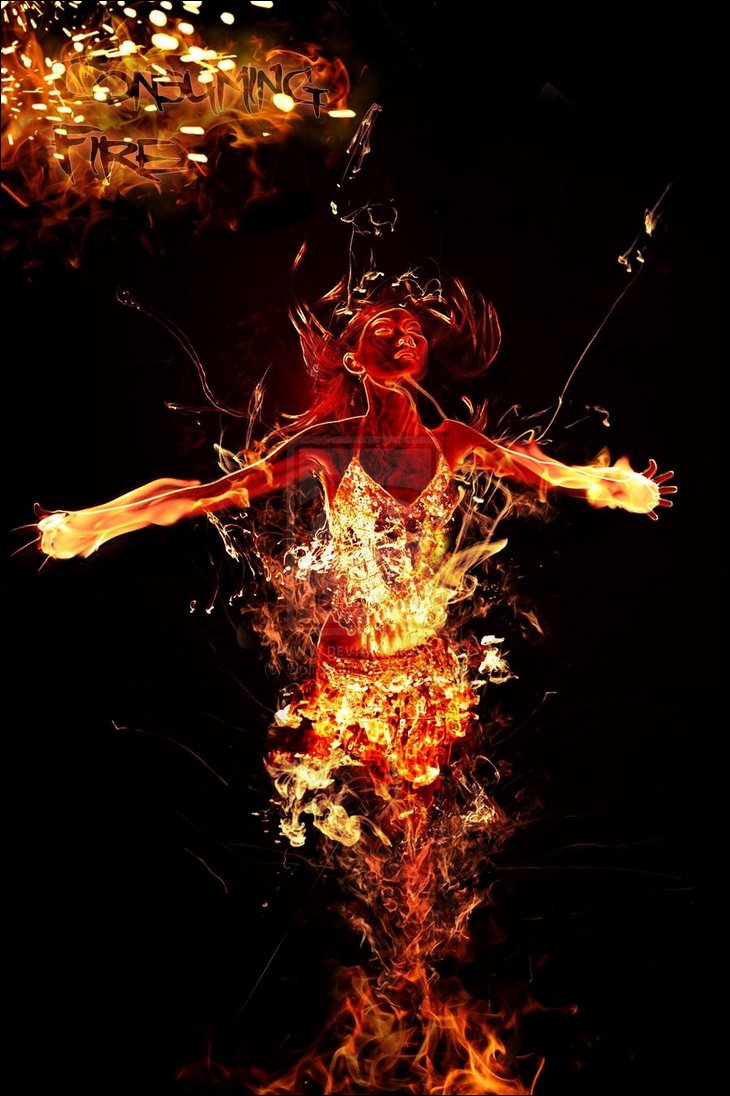
4. What’s the connection between Dalmatians and firehouses?
In the 1800s, fire engines were horse-driven carriages. Unfortunately, horses and other equipment found in a fire station were prime targets for thieves at that time, especially in some of the poorer urban areas (where many fires occurred). Some firefighters tried to combat thievery by sleeping alongside their steeds, but since they were often exhausted from fighting blazes, that idea didn’t always work. Eventually, the solution became clear: a watchdog.And not just any watchdog. You see, horses are not solitary animals. They prefer the companionship of some other animal; another horse, a dog, a goat or even a chicken. Left alone too long, they grow restless and neurotic. Dalmatians, it was discovered, formed an amazingly close bond with horses once they were introduced. They also became quite protective and possessive of their equine friends, so it became impossible for anyone to try to spirit away a horse under cover of the night. In fact, the spotted pooches were also used by stagecoach drivers for the same purpose, and became colloquially known as “coach dogs.”
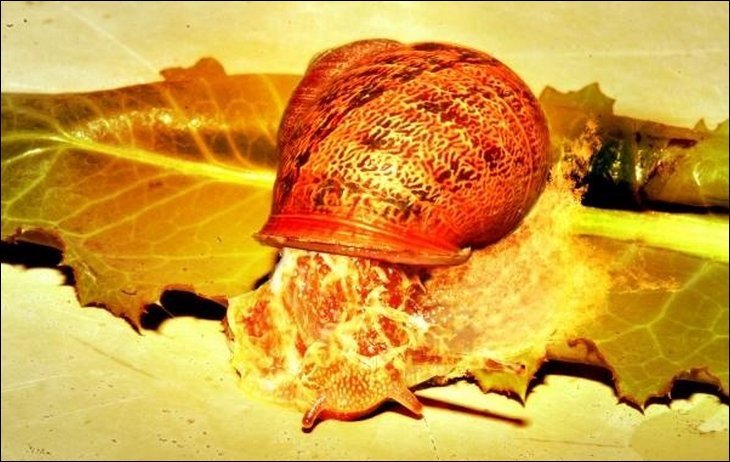
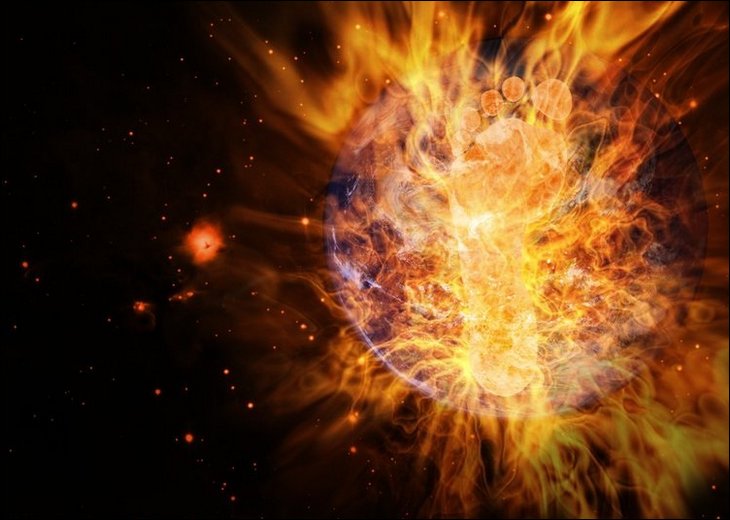
5. How do smoke detectors work?
Radioactive material is known for causing burns, but in the case of smoke detectors, it can also prevent them. Most household devices – known as “ion chamber” detectors – contain a very small amount of Americium-241, a radioisotope that is artificially created by bombarding plutonium with neutrons. The material was discovered during the Manhattan Project, and was first offered to industry in the early 1960s. The majority of Americium produced goes into making smoke detectors and one gram of the material is enough to equip some 5,000 detectors.But back to how it works. The Americium emits alpha particles of radiation, which create ions of oxygen and nitrogen in the detector. A small electrical charge (supplied by DC or AC power) usually catches these ions. But when smoke enters the detector, it absorbs the alpha particles, the ionization rate falls, and the electrical current dips, causing the alarm to sound.
